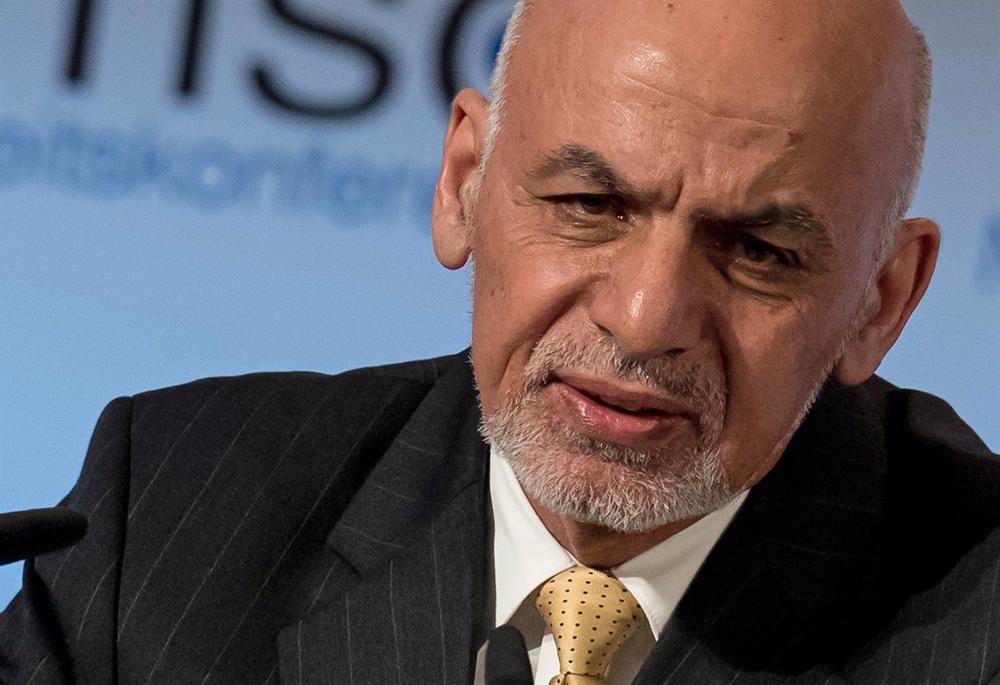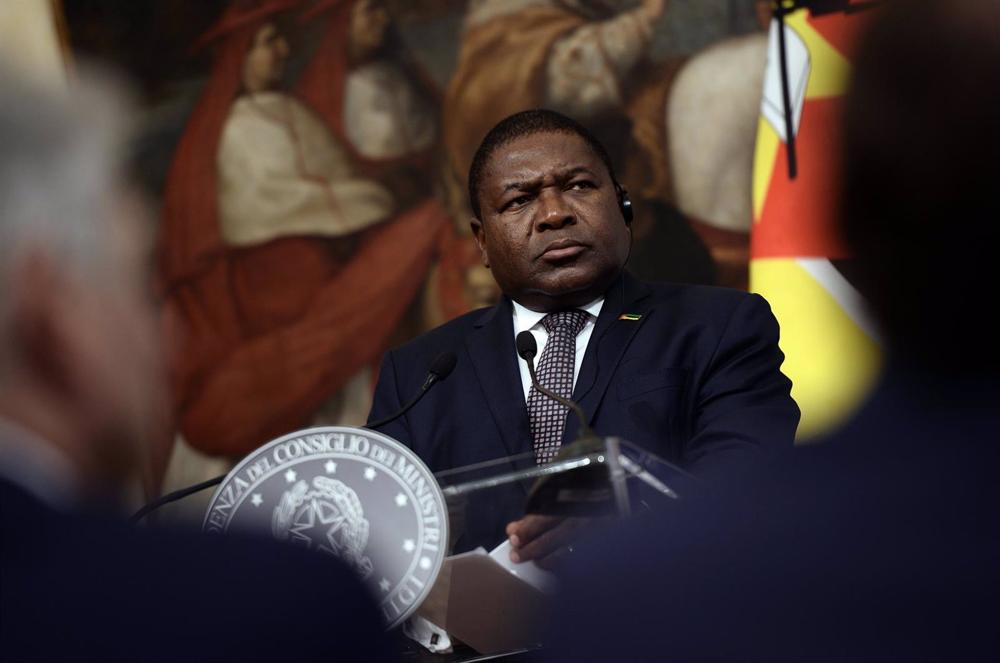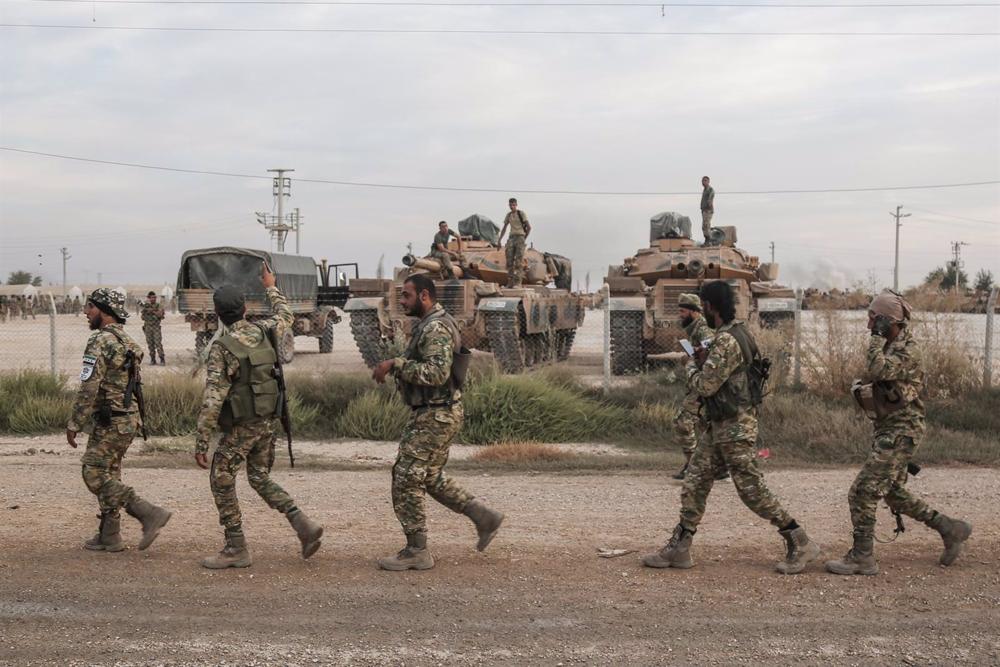
The Special Inspector General for Afghanistan Reconstruction (SIGAR) on Thursday pointed to six reasons that contributed to the collapse of Ashraf Ghani’s government and the return to power of the Taliban, including «endemic corruption» and the decision to leave Kabul out of the peace negotiations between Washington and the fundamentalists.
The agency published a document in which it noted that «the Afghan government did not recognize that the United States would withdraw» and acknowledged that «for nearly 20 years and three U.S. presidencies, the United States had dithered on the issue of military withdrawal».
«Even after the U.S. officially expressed its desire to leave Afghanistan in the years leading up to its exit, there were mixed messages from U.S. officials that undermined efforts to convey the seriousness of U.S. intentions to Afghan officials who optimistically thought there were alternative scenarios,» he said.
Thus, he stressed that «the result was that the Afghan government was not prepared to manage the fight against the Taliban after the withdrawal of U.S. military and contractors», before stressing that «the exclusion of the Afghan government from the U.S.-Taliban talks weakened and undermined it».
SIGAR said that the direct talks between the US and the Taliban «reinvigorated» the armed group in its campaign against Afghan forces and added that the government «was weakened by its exclusion» and «the perception that the US was withdrawing its support».
«Despite its weakened position, the Afghan government insisted that the Taliban were effectively integrated into the Republic, making progress in peace negotiations difficult,» he argued, before pointing out that security conditions «were poor» during the talks.
In this line, he pointed out that «despite this, instead of exploring a new constitutional framework, the Afghan government insisted during the intra-Afghan negotiations that the Taliban be integrated into the Republic, which made the political settlement more difficult to agree upon».
However, he stressed that, for their part, «the Taliban were unwilling to compromise» and that, following the peace agreement with the United States in February 2020, the insurgents «focused more and more on defeating the Afghan government on the battlefield», which led to an increase in attacks.
On the other hand, he has criticized Ghani for «ruling through a narrow circle of loyalists» and «destabilizing the government at a crucial time.» «Even at the end of his first term in 2014, Ghani (…) adopted an assertive and undiplomatic stance in interacting with those he perceived as rivals,» he has criticized.
SIGAR has noted that it is «difficult» to determine to what extent Ghani’s «isolation» and manner of governing resulted in the collapse of the authorities, although it has stressed that he «would have destabilized» the country by «undermining» support for the administration with his actions around decision-making.
«The result was a leader who was largely ignorant of the reality facing the country he ruled, especially just before the collapse of the Republic,» he said, while specifying that «the high level of centralization, endemic corruption and difficulty in gaining legitimacy were factors that contributed to its collapse.»
US «UNEQUIVOCAL» FAILURE On another note, SIGAR said that «the United States sought unsuccessfully to achieve its goal of building stable, democratic, representative, gender-sensitive and accountable institutions,» before adding that the victory of the Taliban is «unequivocal proof» of this failure.
«The Government’s decisive political defeat at the hands of the Taliban, despite the delivery of approximately $145 billion (a similar figure in euros), including more than $36.2 billion to support governance and economic development, is unequivocal proof of this failure,» he stressed.
He noted that «significant shortcomings» in U.S. efforts to establish these institutions «contributed to the failure» without the U.S. «solving the problem of corruption, in part because fighting corruption required the cooperation of Afghan elites.
«The United States also failed to legitimize the Afghan government through democratic elections, which were marked by fraud, or economic and social development through education and health systems,» he lamented. Finally, SIGAR noted that, nevertheless, «some progress was achieved» before the collapse of the Ghani government, although it acknowledged that «capacity building was imperfect,» according to the document published on its official website.






